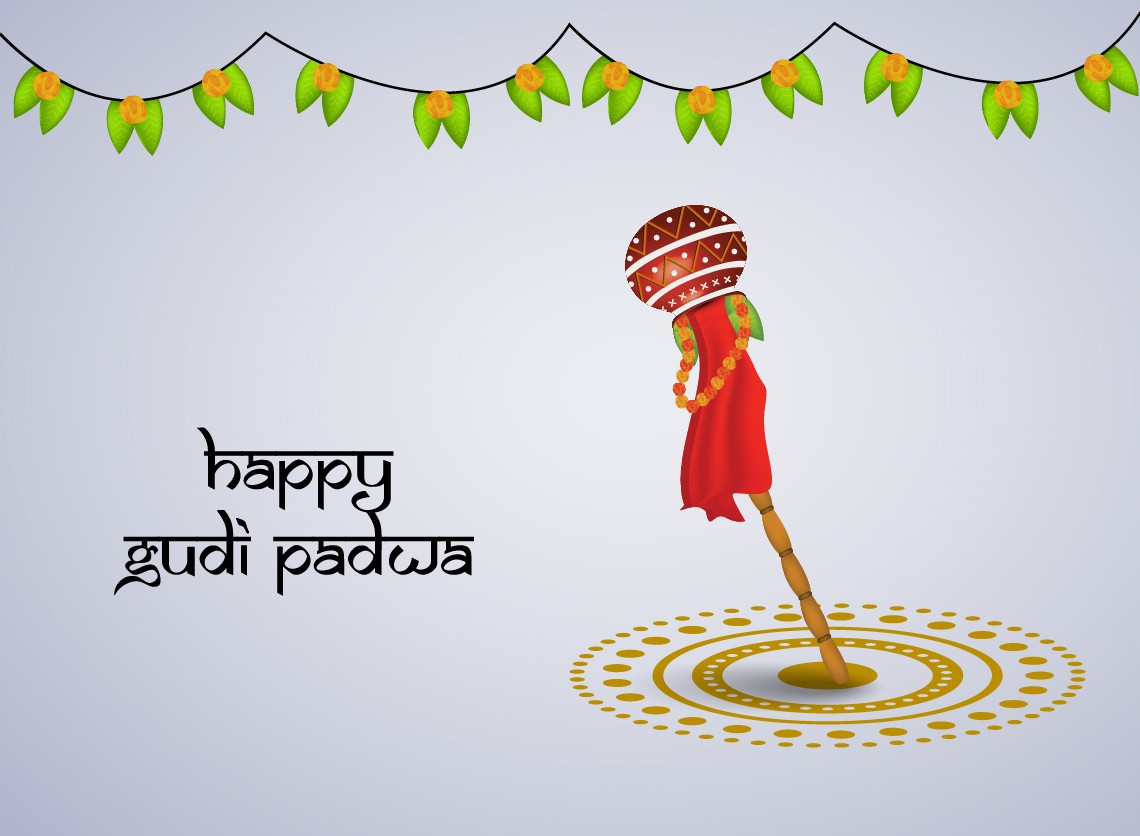The festival marks the beginning of the civil year of the Hindus. It is celebrated throughout the nation, especially in the states of Andhra Pradesh, Maharashtra, and Karnataka, and amongst the people of the communities belonging to the states. Again, the festival sets the beginning of the Marathi new year, Telugu new year, which is also known as Ugadi in Kannada also traditionally known as Cheti Chand in Sindhi and Navreh in Kashmiri new year known as and also known as As per the Gregorian calendar, the festival falls between March and April.
Astrologically speaking, the lord of the first day of the year is considered to be the lord of the whole year. Such, for instance, in the last year of 2024, the lord of the Hindu year was Saturn. Especially the new moon day of Gudi Padwa has a specific significance. It is during this time of the year that the sun is present in the first zodiac that is Aries. A little known fact about the festival, however, is that it also marks the beginning of the spring season and is celebrated in states like Punjab and Haryana as the harvest festival of Baishakhi.

Gudi padwa 2024- date and “muhrat”:
Gudi Padwa 2024 falls on the 25th of March this year, Wednesday. The exact times of the festival are as follows:
- Prtipada Tithi Begins – 11:53 AM (9 April 2024)
- Prtipada Tithi Ends – 11:58 AM (9 April 2024)
What do the legends say?
It is said that Lord Vishu wanted his loved ones to be happy and healthy and hence prayed to the Gods asking them to do so. During the festival pray to Lord Vishu. Lovers pray to Lord Brahma and Lord Vishnu, asking for their love to last till eternity. At the time of dusk or just before the sunrise, it is said that the Sun is extremely propitious and hence the people pray during this time to the Lord for prosperity and good health.
The festival also marks the homecoming of Lord Ram, an incarnation of Lord Vishnu, to Ajodhya after defeating the demon king Ravan and rescuing Sita from his captivity. The festival celebrates the triumph of good over evil. It is symbolic of the demon Lord’s defeat, followed by Ram’s coronation for his return to his kingdom after fourteen long years of exile.
Customs and rituals associated with it:
As the tradition follows, people bathe before dawn, to assimilate the purity of the Sun that is said to be present during that time- praying for peace and prosperity, and as though creating a deeper bond with the self. A “gudi” is kept on the right side of the house’s main entrance, which is symbolic of good’s triumph over the evil. Rangolis are also quite common during the holy festival and people visit each other, exchanging regards and goodwill. Many food items specific to the festival are also made such as Puranpoli, Aam panna, Sabudana, Shrikhand and so on.
The festival is celebrated throughout the nation, even if with different names. On the holy occasion, people pray for their and their loved ones peace and prosperity, so that they remain in the best of health and happiness in life all through the year.
